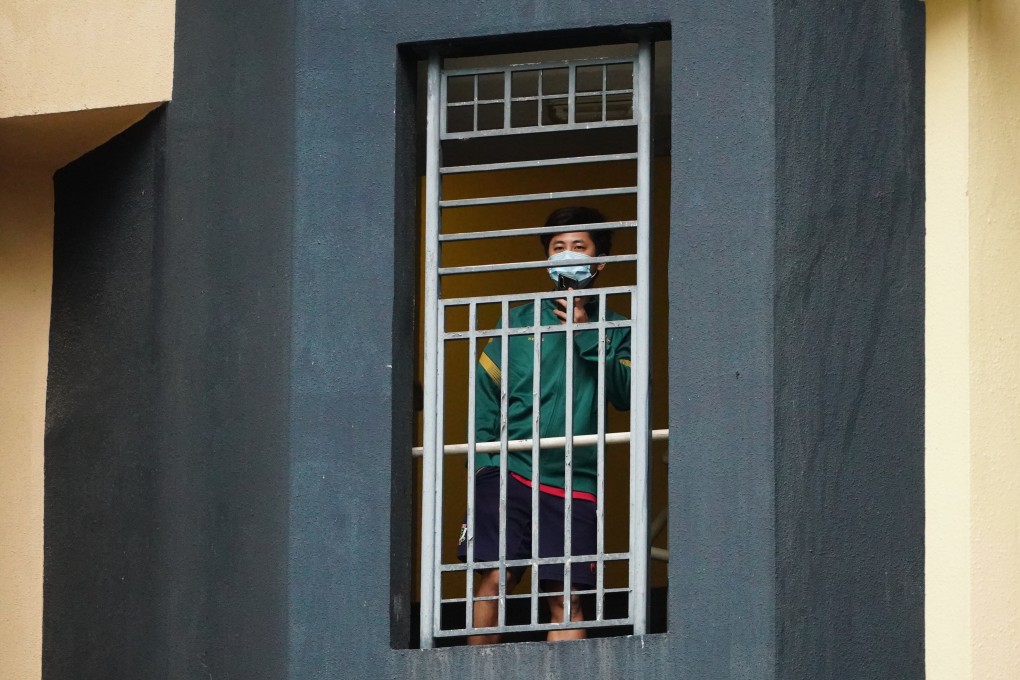Letters | Home quarantine could be on the cards for close Covid-19 contacts, but are Hongkongers prepared?
- Readers discuss the need for more support before home quarantine is launched, how to comfort children who have lost their pet hamsters, and home renovators disrupting remote work and learning

Foreseeing the need for home quarantine, we at the Collaborating Centre for Oxford University and CUHK for Disaster and Medical Humanitarian Response (CCOUC) at the Faculty of Medicine of the Chinese University of Hong Kong have conducted relevant research and formulated guidelines for local use. Equipping the public with basic knowledge on how to quarantine at home and highlighting any potential difficulties can help us stay one step ahead of the unfolding pandemic.
To gauge the community’s preparedness for home quarantine, CCOUC conducted two territory-wide, random-digit-dialling telephone surveys in March and December 2020, interviewing 765 and 651 adults aged 18 or above, respectively. The biggest concern among respondents was that home quarantine would cause tension among family members and neighbours. In the two surveys, 80.4 per cent and 75.7 per cent of people were worried about being infected by home-quarantined family members, while 53.9 per cent and 48.4 per cent were worried about being discriminated against by neighbours because a household member was under home quarantine.
Conversely, 79.7 per cent and 76.7 per cent said they would avoid contact with all members of their neighbour’s household if one person was under home quarantine, while 33.9 per cent and 34.6 per cent would avoid contact with their neighbours even after the quarantine period ended.
The survey also revealed a lack of knowledge of how to handle home quarantine. More than one third (35.2 per cent and 41.5 per cent) of the respondents had no basic knowledge of how to take care of patients with common infectious diseases such as flu, and 77.9 per cent admitted to having no basic knowledge of how to care for suspected Covid-19 patients in a follow-up question in the second survey.
Resources needed for home quarantine might also be inadequate. For example, more than one-third (34.6 per cent and 37.6 per cent) did not have separate rooms at home for quarantine, and only about half (51.9 per cent and 65.3 per cent) had enough gloves to cope with a two-week home quarantine.